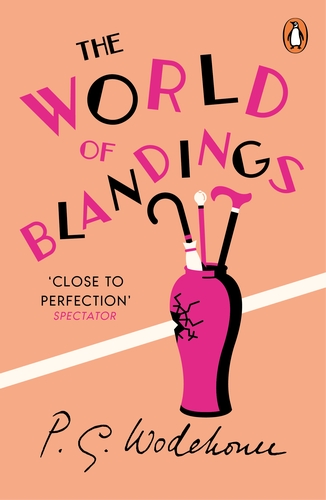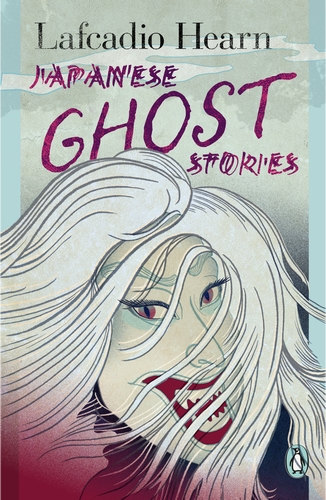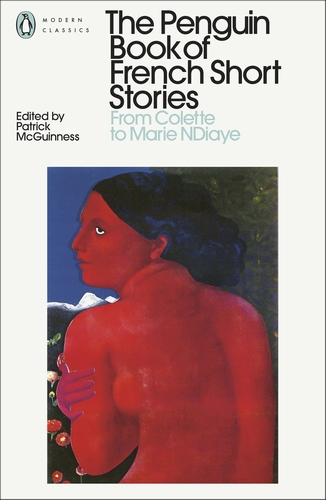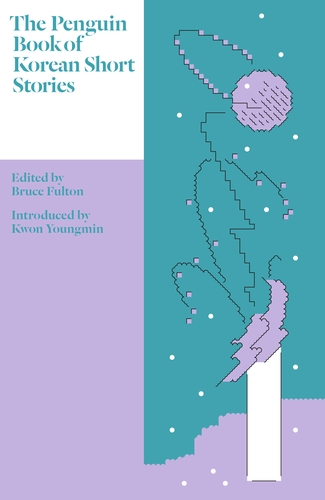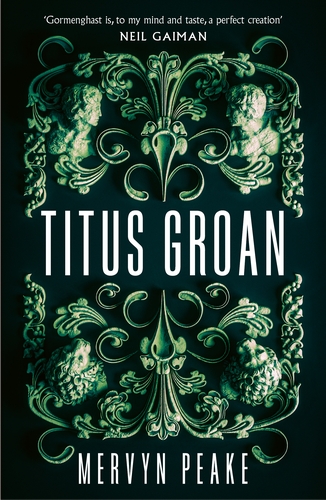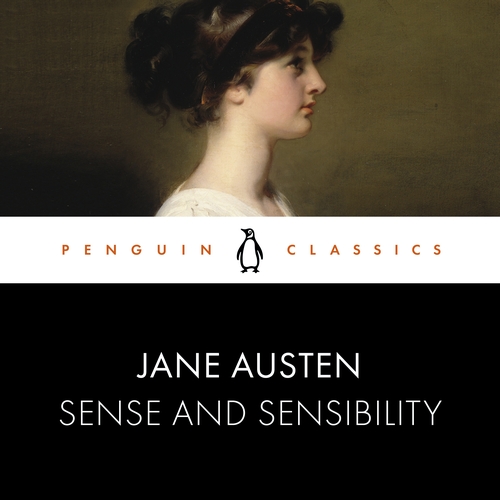Author:Marcus Aurelius,Diskin Clay,Martin Hammond

Originally written only for his personal consumption, Marcus Aurelius's Meditations has become a key text in the understanding of Roman Stoic philosophy. This Penguin Classics edition is translated with notes by Martin Hammond and an introduction by Diskin Clay.
Written in Greek by an intellectual Roman emperor without any intention of publication, the Meditations of Marcus Aurelius offer a wide range of fascinating spiritual reflections and exercises developed as the leader struggled to understand himself and make sense of the universe. Spanning from doubt and despair to conviction and exaltation, they cover such diverse topics as the question of virtue, human rationality, the nature of the gods and Aurelius's own emotions. But while the Meditations were composed to provide personal consolation, in developing his beliefs Marcus also created one of the greatest of all works of philosophy: a series of wise and practical aphorisms that have been consulted and admired by statesmen, thinkers and ordinary readers for almost two thousand years.
Martin Hammond's new translation fully expresses the intimacy and eloquence of the original work, with detailed notes elucidating the text. This edition also includes an introduction by Diskin Clay, exploring the nature and development of the Meditations, a chronology, further reading and full indexes.
Marcus Aelius Aurelius Antoninus (121-80) was adopted by the emperor Antoninus Pius and succeeded him in 161, (as joint emperor with adoptive brother Lucius Verus). He ruled alone from 169, and spent much of his reign in putting down various rebellions, and was a persecutor of Christians. His fame rest, above all, on his Meditations, a series of reflections, strongly influenced by Epictetus, which represent a Stoic outlook on life. He was succeeded by his natural son, thus ending the period of the adoptive emperors.
If you enjoyed Meditations, you might like Seneca's Letters from a Stoic, also available in Penguin Classics.
Martin Hammond's translation of Marcus Aurelius' Meditations, like his Iliad and Odyssey, is the work of an unusually gifted translator, and one who understands the value added by careful attention to supplementary material. He writes natural English, direct and often eloquent; the text is well supported by effective notes and a characteristically thorough and well-planned index; Diskin Clay supplies a useful introduction. This is a fine volume
—— Malcolm Heath , Greece & Rome JournalMarcus is well served by this new translation. Hammond has a pithy turn of phrase to match the emperor's own . . . His notes abound in helpful explanation and illuminating cross-reference. Diskin Clay contributes a sparkling and sympathetic introduction. The combination of introduction, translation and notes is as good as they get
—— John Taylor , Journal of Classics TeachingExhilarating... One of the best novelists alive
—— Sunday TimesCoetzee captures with appalling skill the white dilemma in South Africa
—— Justin Cartwright , Daily TelegraphDisgrace explores the furthest reaches of what it means to be human; it is at the frontier of world literature
—— Geoff Dyer , Sunday TelegraphA great novel by one of the finest authors writing in the English language today
—— Russel Celyn Jones , The TimesDisgrace is a defining novel of our time, its apparently simple lyricism belying a grave incomprehension that threatens to sever our world in two. There is an answer, but it is very hard and painful to come to
—— ObserverA searing book, and though it is often called spare, it is delightfully intricate, containing a tissue of literary allusions that are brilliantly used
—— John Mullan, professor of English and Booker of Bookers Judge , GuardianTold with searing emotional and intellectual honesty, this beautifully written novel is as much a meditation on parenthood, old age and the pursuit of love and beauty as it is a snapshot of a country in turmoil
—— Daily MailSuch dilemmas are so obviously at the heart of South African politics that the allegorical parallels are inescapable...the issues raised, such as the demands of justice versus the need for reconciliation, are timeless
—— The TimesA darkly disturbing novel
—— Hull Daily MailA terrifying, yet grimly realistic portrait of near-future America
—— Brechin AdvertiserThought-provoking, and at times brutal, this thriller will surely be the basis of many discussions about the nature of society and the times we live in
—— Irish ExaminerPeyton Marshall is a writer of intelligence and keen observation with a great future. GOODHOUSE is a startling debut. In James, she has created a compelling and convincing hero for the all-too-probable dark times ahead
—— A L KENNEDYVery arty, and strangely uplifting
—— Evening StandardHilarious, loving and deadly serious
—— Berlingske TidendeSome pieces of literature, no matter how great an effort you make as a critic, cannot be opened or captured in a way that does justice to the work. That’s how I feel about Helle Helle’s new and unusually precious novel... Most of the sentences are small works of art, containing a whole story in themselves
—— WeekendavisenThis Should be Written in the Present Tense is an excellent novel, yet another sleek and nonchalant masterpiece from Helle Helle
—— InformationHelle Helle has written a captivating novel about Dorte Hansen, who sleepwalks through life, letting chance rule
—— PolitikenA beautiful tale examining the processes of life
—— Good Book GuideEschewing a conventional narrative, this absorbing novel deceptively contains a crackling energy within its understated, artful prose
—— Francesca Angelini , Sunday Times